The team
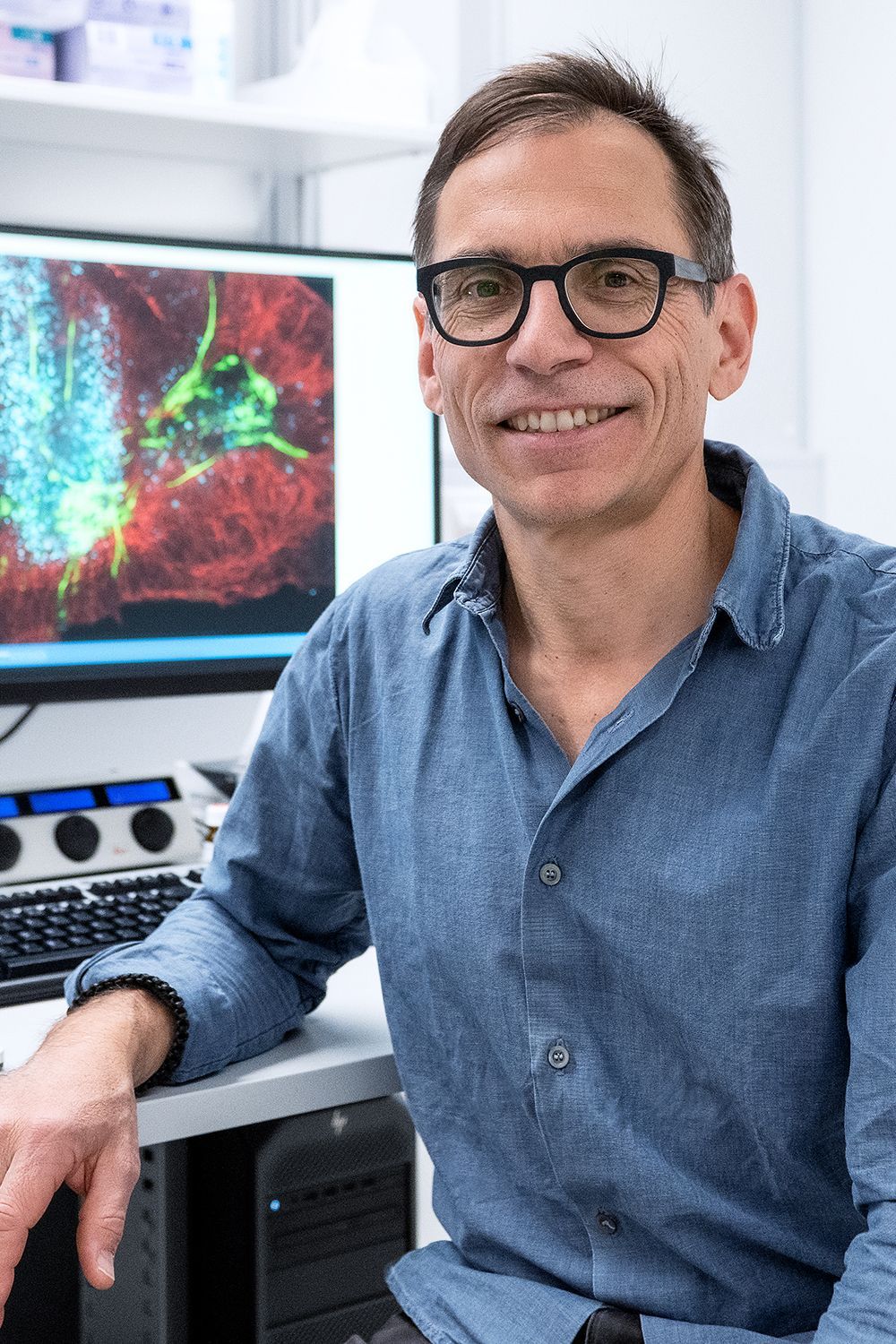
Research Group Leader University Children's Hospital Zürich, Adjunct Professor MeF UZH, adjunct lecturer MNF UZH
Martin Baumgartner received his master's degree in Biology with a Major in Microbiology from the University of Bern in 1996. In 1997 he started his Ph.D as a Marie Curie international mobility fellow at the Pasteur Institute in Paris, where he obtained a Ph.D. in immunology from the Université Paris VI, Pierre et Marie Curie, in 2001. 2001 - 2005 he was postdoctoral fellow at the University of California San Francisco (Department of Cell and Tissue Biology) and 2005 - 2008 at the University of Zürich (Institute of Medical Virology). 2008 - 2011 he was junior group leader at the University of Bern (Vetsuisse Faculty, Molecular Pathobiology) and in 2011 he was appointed group leader at the University Children's Hospital Zürich.
Martin Baumgartner holds a venia legendi in cell biology from the University of Bern (2012) and a venia legendi in molecular cell biology from the University of Zürich (2014). Since 2014, he is adjunct lecturer at the Science Faculty of the University of Zürich and since 2021 adjunct professor at the Medical Faculty of the University of Zürich.
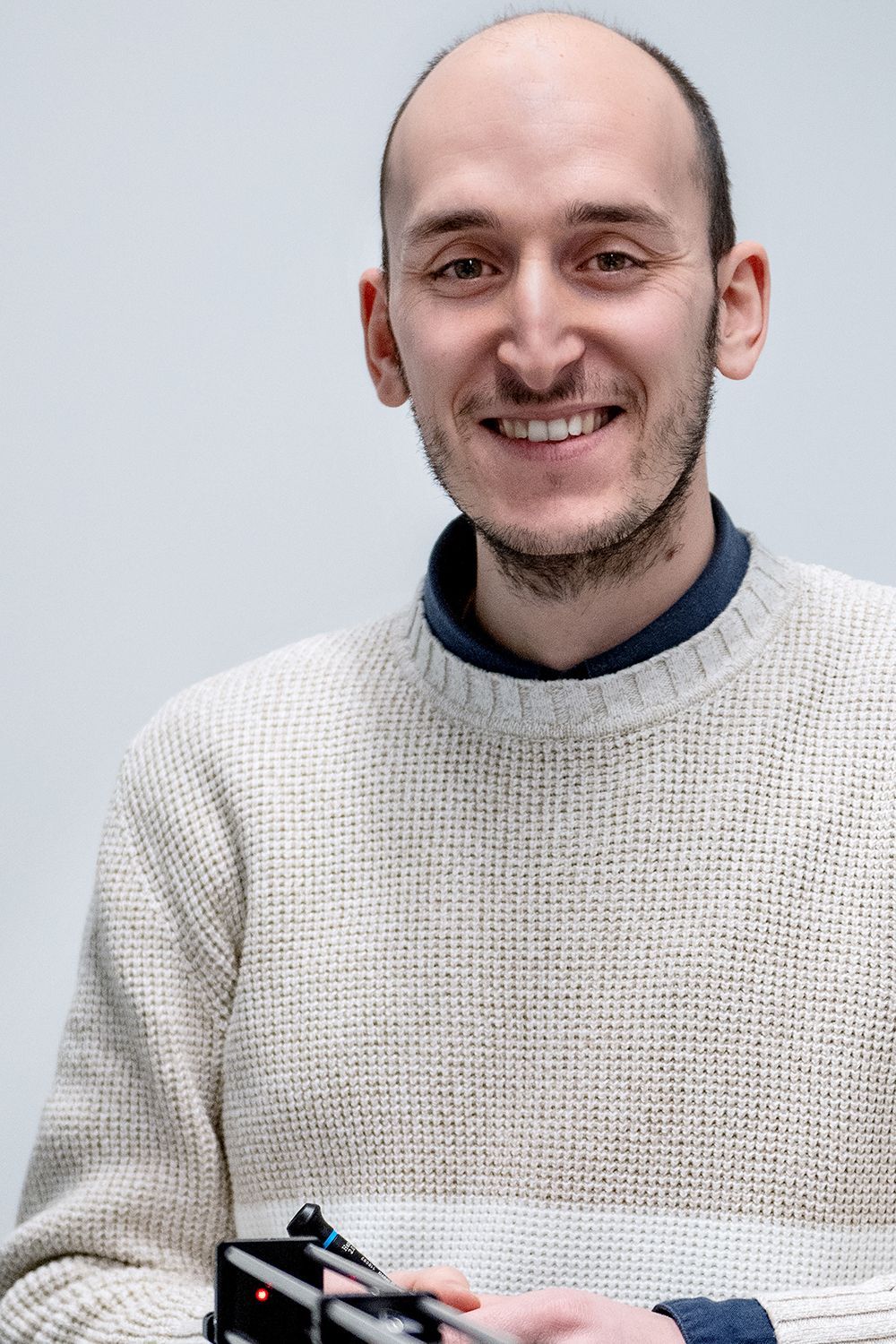
Postdoc
Academic background: Bernard holds a master’s degree in physics from the University of Palermo, Italy and a Ph.D. in the field of Nano Photonics of the ETH Zürich.
Research interests: Bernard is a sub-project leader in the Sinergia project "Rational small molecule inhibition (RaSMID) of dissemination for brain tumors", where he uses computational image analysis and machine learning for the quantification of cell morphodynamics to characterize compound effects on cell behavior in high throughput.
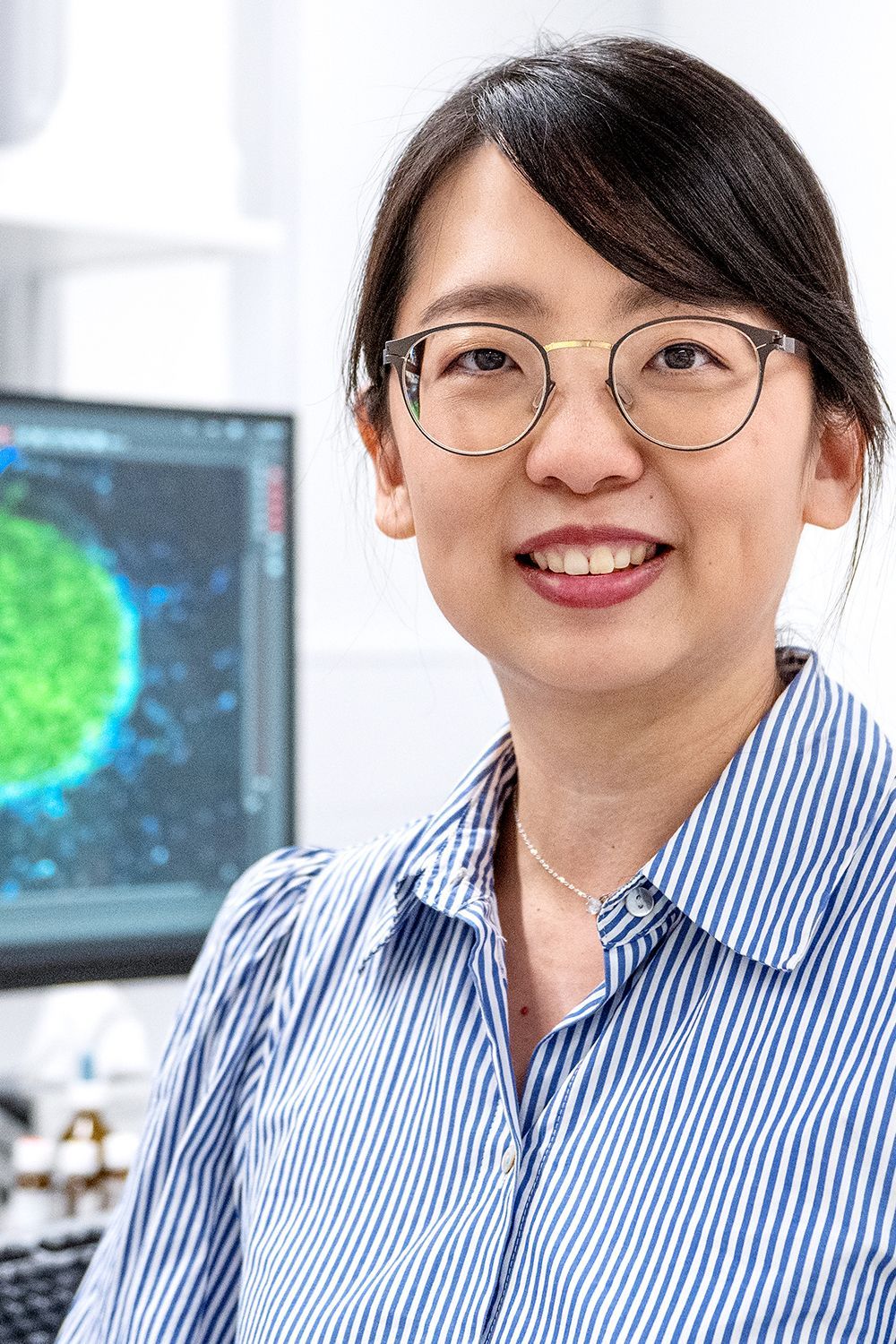
Postdoc
Academic background: Meng-Syuan holds a master’s in Neuroscience and a Ph.D. in Molecular Medicine of the international graduate program, both from the National Yang-Ming University in Taiwan.
Research interests: Meng-Syuan is sub-project leader in the Innosuisse project “A microfluidic platform for live imaging and in situ staining of organotypic tissue slices for drug discovery and precision medicine”. She develops advanced cerebellar tissue-tumor co-culture models for in tissue analysis of tumor cell behavior and compound effects. She furthermore investigates Ca2+ signaling and cell to cell communication via gap junction coupling.
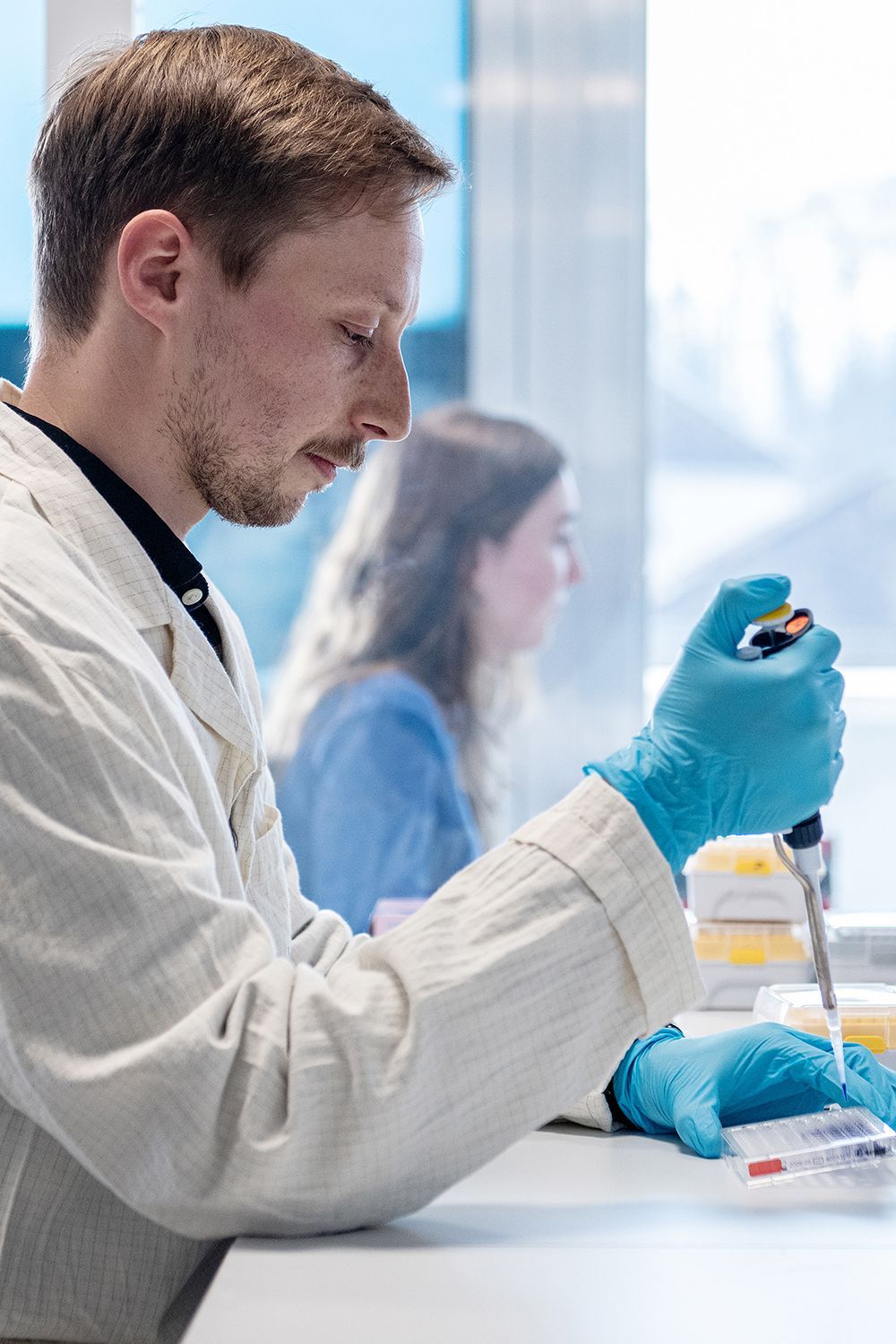
Ph.D. student Cancer Biology Ph.D. program
Academic background: Levi completed a B.Sc. in Biochemistry in 2018 and a M.Sc. in Biochemistry in 2020 at the University of Zurich in Switzerland. During his master’s thesis, he worked in the laboratory of Andreas Plückthun at the UZH on the design of DARPin reagents for the selective targeting of cancer cells.
Research interests: Levi joined the lab as a Ph.D. student in 2021. He focuses as a sub-project leader in the Sinergia project "Rational small molecule inhibition (RaSMID) of dissemination for brain tumors" on molecular mechanisms driving tumor progression and dissemination. His research interest lies in the understanding of small molecule compound effects on cancer cell functions at the molecular and cellular levels. He aims at developing improved strategies for targeted anti-cancer therapies based on small-molecule inhibition of protein-protein interaction.

Ph.D. student Cancer Biology Ph.D. program
Academic background: Dejana graduated with a B.Sc. in Biomedicine (2016) and a M.Sc. in Biomedicine (2022), both from the University of Zurich.
Research interests: Dejana joined the lab January 2021 to investigates FRS2 dependence of the FGFR signaling pathway in cancer cells for her master's thesis. After successful completion of her master’s thesis, Dejana stayed on and is now focusing on the biogenesis and function of extracellular vesicles (EV) in MB tumors. She aims at decoding EV-mediated mechanisms of cell-to-cell communication towards tumor growth and tissue invasion.
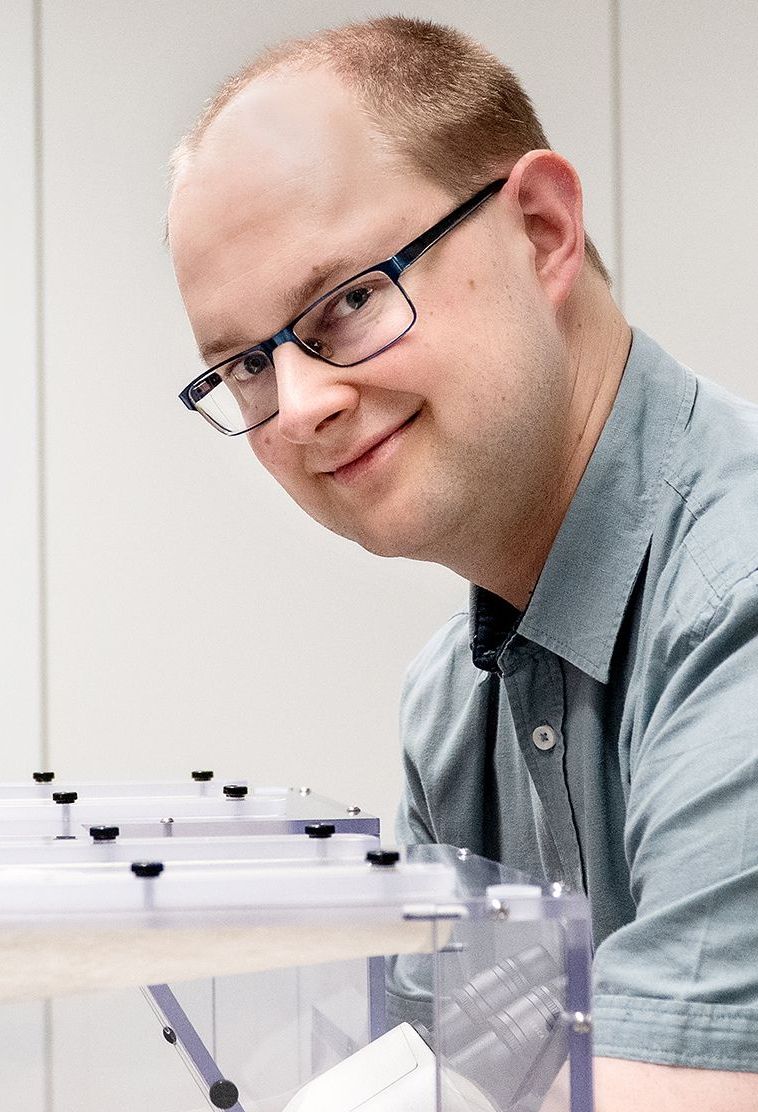
Ph.D. student cancer biology Ph.D. program
Academic background: Marc holds a B.Sc. in Biology and originally joined the lab as a M.Sc. student in cancer Biology in 2018. He successfully defended his thesis in 2019 and since then explored several projects in the public and private sectors.
Research interests: Marc now investigates small molecule compound effects at cellular level and contributes to the development of image-based approaches for assessing therapeutic effects at cellular level in high-throughput.
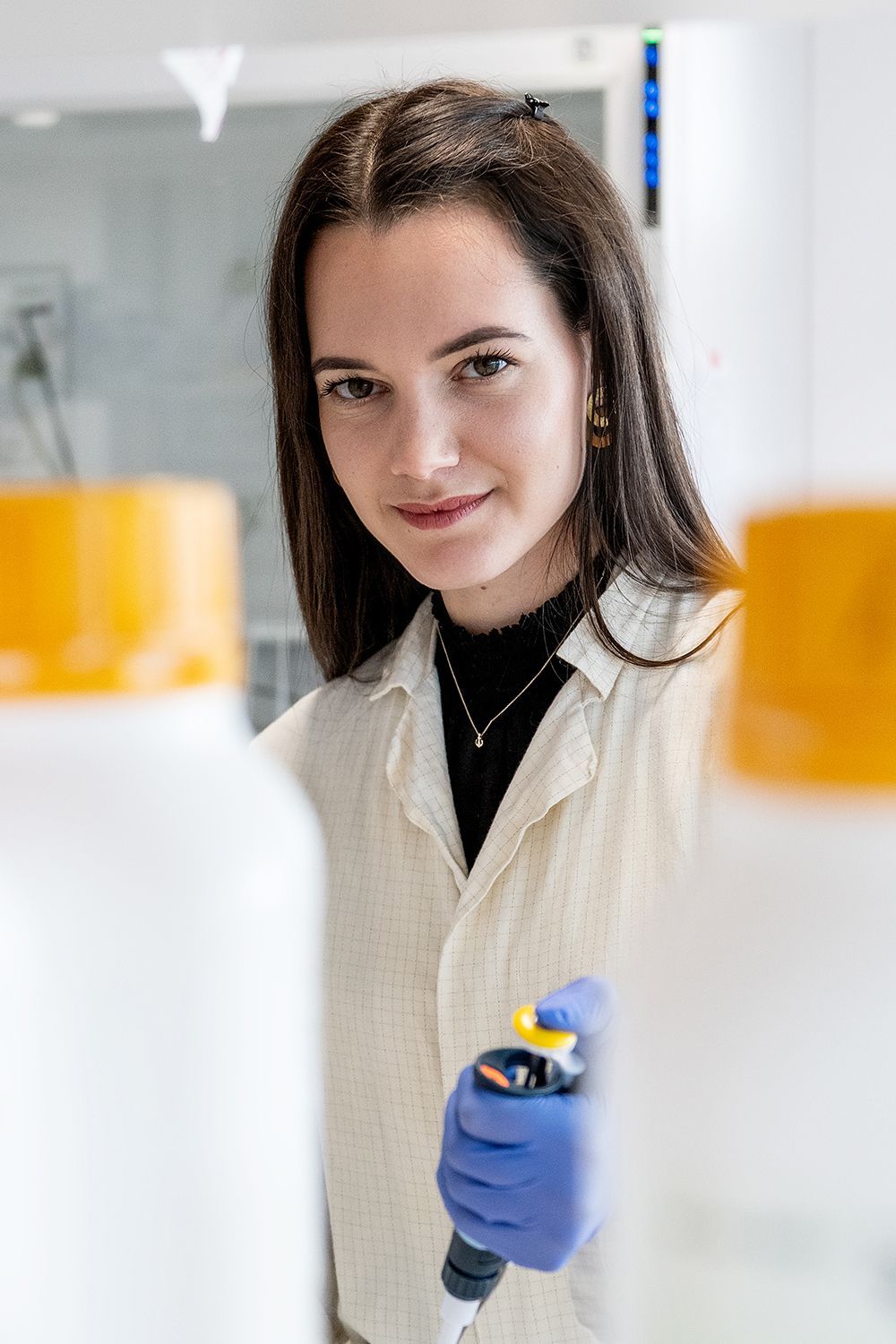
Research associate
Academic background: Dina joined the lab as a master's student February 2022 to address expression and function of the cancer associated surface protein B7-H3/CD276 in MB. She successfully graduated May 2023 with a M.Sc. in Cancer Biology from the University of Zürich.
Research interests: Passionate about B7-H3/CD276's potential as a therapeutic target in MB, Dina is now pursuing a nanobody strategy to decipher biological functions of B7-H3/CD276 and to explore whether it could be exploited for tumor-targeted delivery approaches for therapeutic interventions.
M.Sc. student Biomedicine
Academic background: Lilli holds a B.Sc. in Life Sciences (Biomedicine) from the University of Zürich, Switzerland and joined the lab as a Master student in Biomedicine in spring 2024.
Research interests: Lilli investigates the expression, turnover, and targeting of B7-H3 in medulloblastoma.
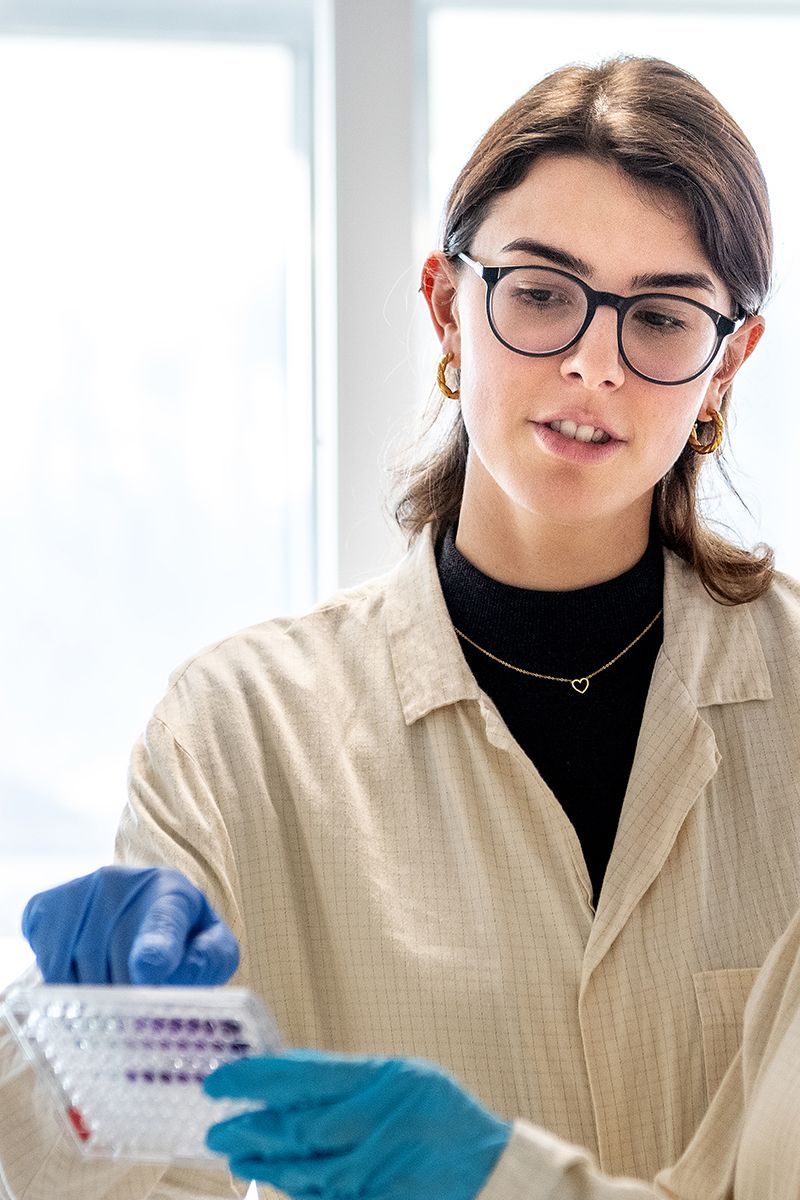
M.Sc. student Biomedicine
Academic background: Tanja holds a B.Sc. in Life Sciences (Biomedicine) from the University of Zürich, Switzerland and joined the lab as a Master student in Biomedicine in fall 2023.
Research interests: Tanja investigates the kinase control of extracellular vesicle biogenesis and release in medulloblastoma.
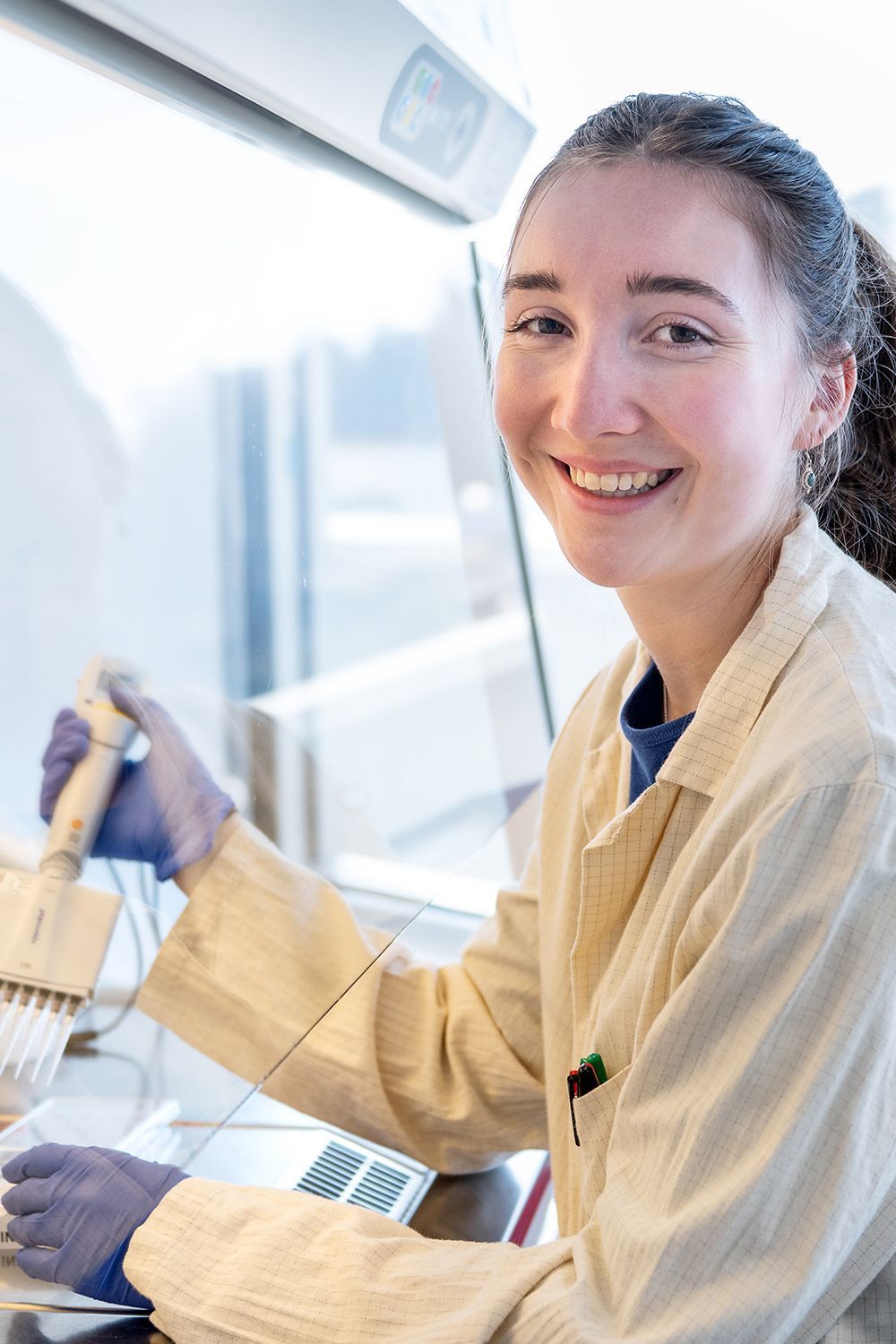
M.Sc. student Cancer biology
Academic background: Tanja holds a B.Sc. in Life Sciences (Biomedicine) from the University of Zürich, Switzerland, and joined the lab as a Master student in Cacner Biology in January 2025.
Research interests: Tanja develops and uses quantitative bioimage analysis tools for exploring morphological manifestations of anti-invasion drug treatments in medulloblastoma.
Alumni
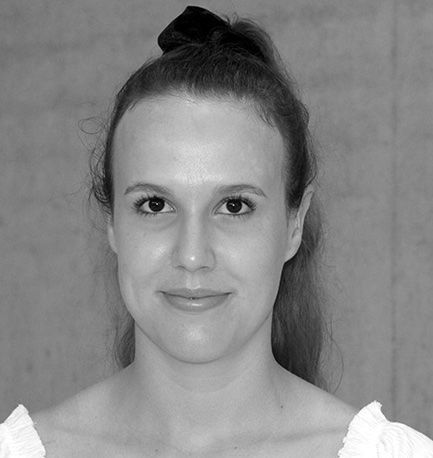
M.Sc. student Molecular and Cellular Biology
Academic background: Caroline holds a B.Sc. in Life Sciences from the University of Applied Sciences Northwestern Switzerland in Muttenz and joined the lab as a Master student in Molecular and Cellular Biology in 2023.
Research interests: Caroline investigates the potential implication of autophagic flux control in the growth and invasiveness of MB tumor cells.

Postdoc
Academic background: Shen Yan holds a B.Sc. degree in biochemistry and biotechnology and a M.Sc. degree in natural sciences from Xiamen University in China. She received her Ph.D. in Molecular and Translational Biomedicine from ETH Zurich in the field of molecular regulation of tissue homeostasis and development.
Research interests: Shen is a sub-project leader in the Sinergia project "Rational small molecule inhibition (RaSMID) of dissemination for brain tumors", where she is investigating and validating novel targets for therapeutic suppression of pediatric brain tumor growth and invasion.

M.Sc. student Molecular and Cellular Biology
Academic background: Ece holds a B.Sc. in Biological Sciences from the Middle Eastern Technical University in Ankara, Turkey. She joined the lab as a Master student in Molecular and Cellular Biology in 2023.
Research interests: Ece investigates the regulation of the surface protein CLSTN1 in MB. She specifically addresses whether the protein kinase MAP4K4 could be involved in the transfer to and maintenance of CLSTN1 at the plasma membrane and how this could influence the interaction between tumor cells and astrocytes.

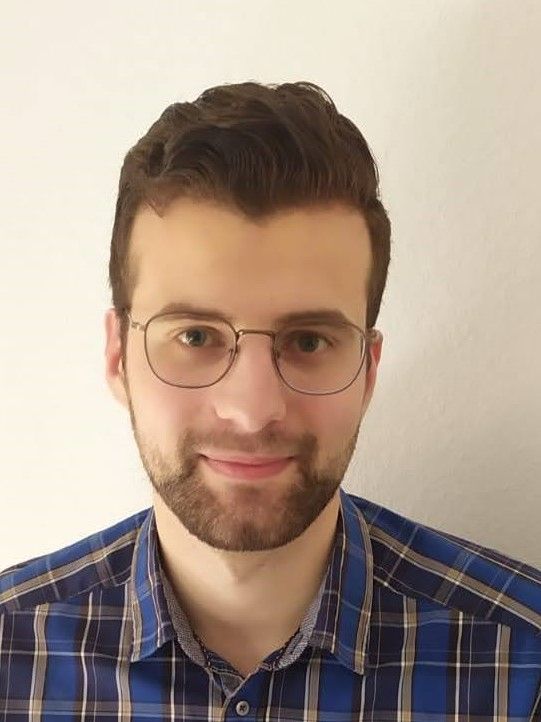
Alexandre completed a B.Sc. in Cellular Biology and Physiology in 2013, a M.Sc. in Biomedicine in 2015, and a Ph.D. in Cellular and Molecular Biology in 2018 at the University of Strasbourg in France. During his PhD, he studied the role of Histone Deacetylase 4 (HDAC4) in the sensitivity of gastric cancer to chemotherapeutic drugs, and its potential as therapeutic target. Alexandre joined the Pediatric Molecular Neuro-Oncology Group at the Children’s Hospital in 2019. He is particularly interested in better understanding signaling pathways underlying pathologies, and his aim in pediatric neuro-oncology research is to develop specific therapy strategies based on precise compound inhibition of oncogenic signaling. He also likes sharing science by teaching and popularizing complex scientific findings to a broader audience.
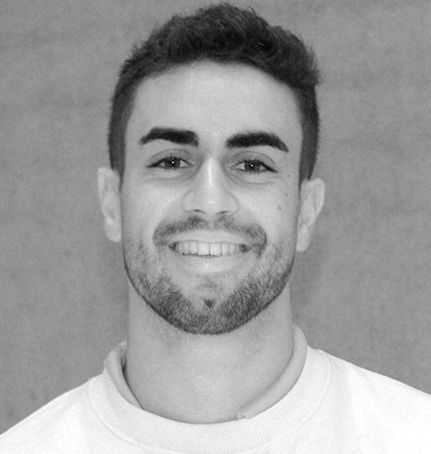
Davide Romanino
Davide has completed a B.Sc. in General and Applied Biology (Molecular specialization) from the University of Napoli Federico II in Italy in 2019. He moved to Switzerland in 2020 to start his M.Sc. in Molecular and Cellular Biology at UZH. Davide joined the Pediatric Molecular Neuro-Oncology group at Kinderspital Zürich in 2021 for his Master Thesis. His research project revolves around evaluating how AURKB modulation in Medulloblastoma tumor cells can impact their growth and invasion.
Davide’s interest is in investigating different genetic pathways and drug targeting strategies that could lead to developing new therapeautic treatments.

Postdoc
Lucie completed a B.Sc. in Biochemistry, Physiology and Neurosciences in 2012, and a M.Sc. in Human Pathology in 2014, at the University of Aix-Marseille in France. After graduating, she worked during one year in the pharmaceutical industry HalioDx (Marseille, France). Lucie received her Ph.D. in 2020 from the University of Lausanne, working in the Pediatric Hematology-Oncology research laboratory at the Lausanne University Hospital (CHUV). Her doctoral research was centered on analyzing the involvement of the ALK gene in the initiation and progression of Neuroblastoma. Her research interest lies in translational cancer research, and particularly in developing novel therapeutic strategies for pediatric cancers. She develops a novel co-culture system for long term visualization and analysis of brain tumor cells in the cerebellar tissue.
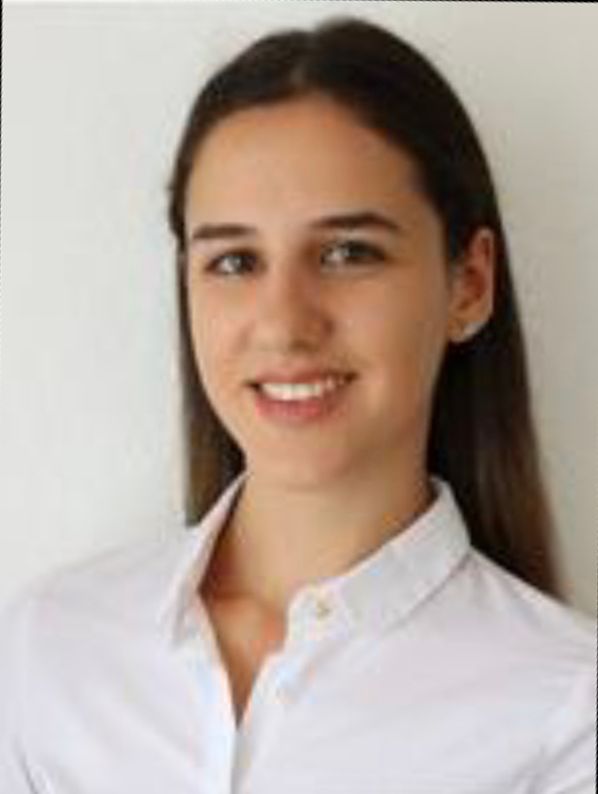
Ph.D. student Cancer Biology Ph.D. program

Postdoc
Academic background
Jessica completed a B.Sc. in Medical and Pharmaceutical Biotechnology in 2013 and a M.Sc. in Molecular and Cellular Medical Biotechnology in 2016 at the "Vita-Salute" San Raffaele University in Milan, Italy. During her master's, she studied the pro-oncogenic functions of hypoxia-inducible transcription factor HIF-1α in the M5 subtype of acute myeloid leukemia (AML). Jessica joined the Pediatric Molecular Neuro-Oncology Group at the Children's Hospital in 2016 as a Ph.D. student. Jessica defended her Ph.D. thesis in May 2021, and she is currently working as a post-doctoral researcher. Her research interest lies in understanding the molecular signaling pathways responsible for the invasion and dissemination of pediatric medulloblastoma. She specifically focuses on kinase signaling pathways activated by receptor tyrosine kinases and adhesion receptors, which control actin cytoskeleton dynamics and cell motility.
Research focus
We investigate the molecular mechanisms that promote, control and guide medulloblastoma tumor cell migration in order to contribute to the development of novel anti-metastatic therapy strategies. We identified MAP4K4, a Ser/Thr kinase highly expressed in medulloblastoma, as a key regulator of cell migration and invasion through its control of tumor cell F-actin dynamics. To identify relevant regulators and effectors of MAP4K4, we determined its interactome of MAP4K4. We found that MAP4K4 interacted with the STRIPAK complex and revealed a dual function of the MAP4K4-STRIPAK complex in proliferation and invasion control.

Ph.D. student Cancer Biology Ph.D. program, graduation October 10th, 2021

Senior postdoc, CEO Invasight AG
In her various functions (Ph.D. student, postdoc, senior postdoc), Karthiga contributed essential imputs to various ongoing project in the lab. She identified microenvironment-activated FGFR signaling as a potential tumor promoting causality in medulloblastoma and described essential downstream effectors of this crucial developmental and cancer-associated signaling pathway. She demonstrated the pro-invasive functions of the immediate-downstream FGFR effector FRS2 and spearheaded a small molecule targeting strategy to interfere with FRS2 effector functions at molecular level. Karthiga is now pursuing a career in the private sector, driven by her intrinsic motivation to develop novel anti-cancer therapeutics for patients in the future.

Buket Seckin

Marc Thomas Schönholzer

Dimitra Tripolitsioti


Anuja Neve

Linda Russo

Clio Scheidegger

Carolin Kordomatis

Gustavo Alencastro Veiga Cruzeiro

Elena Alvarez, MD

Ramona Scherrer

Katja Egli


